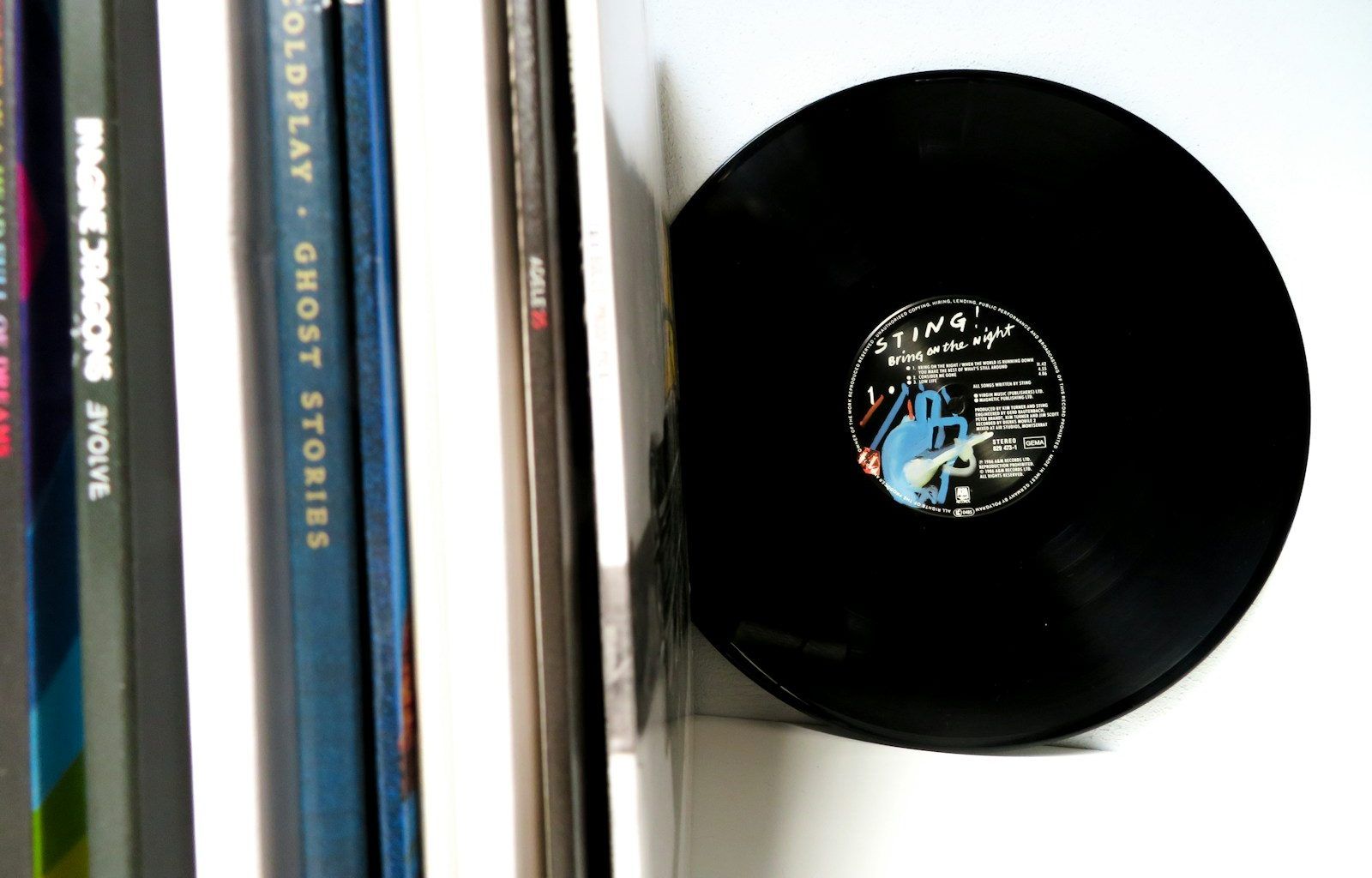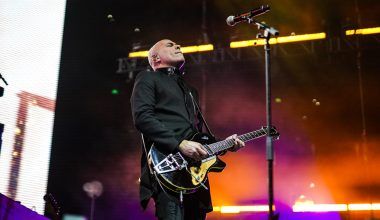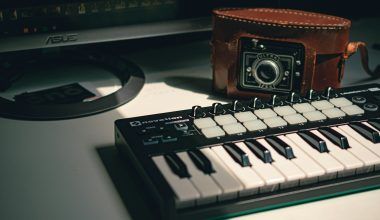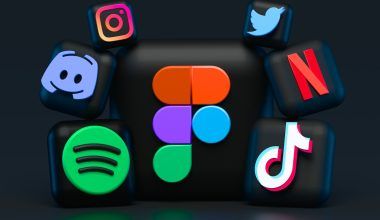If you’re a music lover, you’ve probably come across terms like “album” and “EP.” But what exactly is an EP, and is it considered an album? Let’s break it down in simple terms so you can understand the difference are eps albums and appreciate how artists use these formats to share their music.
What Does EP Mean?
EP stands for “Extended Play.” This type of music release is longer than a single but shorter than a full-length album. Usually, an EP contains about three to six songs and runs for 15 to 30 minutes. It’s a compact way for artists to showcase their talent without committing to the length of a traditional album.
Now, you might be wondering, “Are EPs albums, or are they something entirely different?” Well, the answer depends on how you define an album. Let’s dive deeper to clarify this.
What Defines an Album?
An album is typically a collection of songs that runs for 30 minutes or more. It usually contains 8 to 12 tracks, but this can vary. Albums are often seen as a complete artistic statement. Artists use them to tell a story or explore a theme across multiple tracks.
So, while EPs and albums both contain multiple songs, they serve different purposes in the music world. An EP is like a teaser, while an album is the full experience.
Why Do Artists Release EPs?
EPs are a popular choice for many reasons. For one, they’re a great way for new artists to introduce themselves to listeners. Creating a full album can be expensive and time-consuming, so an EP allows artists to share their music more quickly.
For established artists, an EP can serve as a preview of an upcoming album or a way to experiment with new sounds. It’s also an excellent way to keep fans engaged between larger releases. With streaming platforms making it easier than ever to release music, EPs have become a staple in the industry.
How EPs and Albums Are Similar
Although EPs and albums are different in length and purpose, they share several similarities. Both formats allow artists to express their creativity and connect with their audience. They also give listeners a chance to explore a curated selection of songs.
Moreover, in today’s digital age, the lines between EPs and albums are becoming increasingly blurred. Some artists release long EPs that feel like albums, while others create short albums that resemble EPs. Ultimately, the distinction often comes down to how the artist and their label choose to categorize the release.
The Role of EPs in Music Genres
EPs are especially common in genres like indie, hip-hop, and electronic music. These genres thrive on experimentation, and EPs provide a perfect platform for trying out new styles. For example, a hip-hop artist might use an EP to collaborate with different producers or feature guest artists, while an electronic musician might release an EP to showcase a new sound.
Even in mainstream pop, EPs are gaining popularity. Many chart-topping artists release EPs to test the waters before committing to a full album. This strategy helps them gauge listener reactions and refine their music accordingly.
How to Tell if an EP is Right for You
If you’re an artist wondering whether to release an EP or an album, consider your goals. Are you just starting out and looking to build an audience? Or are you an established artist wanting to experiment? An EP might be the perfect fit.
On the other hand, if you have a clear vision and enough material to create a cohesive project, a full album might be the way to go. Remember, there’s no right or wrong choice—it all depends on what you want to achieve.
EPs in the Streaming Era
With the rise of streaming platforms like Spotify and Apple Music, EPs have taken on a new level of importance. These platforms favor consistent releases, and EPs allow artists to stay relevant without the long wait associated with albums.
Listeners also appreciate the shorter format of EPs, as they can easily fit into a commute or workout. This accessibility has made EPs a popular choice for both artists and fans.
Final Thoughts
So, are EPs albums? Not exactly, but they’re a valuable part of the music landscape. Whether you’re an artist or a fan, understanding the differences and similarities between EPs and albums can enhance your appreciation of music. Next time you discover a new EP, take a moment to consider what the artist is trying to say and how it fits into their broader body of work.
Both EPs and albums have their place, and each serves a unique purpose. So, enjoy the music, whether it’s a short and sweet EP or a deep, immersive album.
For further reading, explore these related articles:
- All About Chris Brown’s Song “No Guidance” – Lyrics, Story, and Magic
- Top 100 English Songs: A Playlist for Everyone
For additional resources on music marketing and distribution, visit DMT Records Pvt. Ltd..






